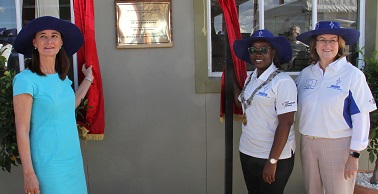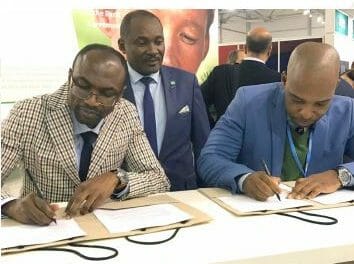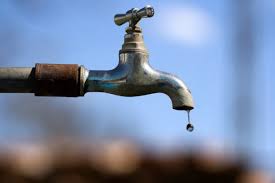
Windhoek unveils first waste buyback centre: Turning trash into treasure

Last week marked a significant milestone for the City of Windhoek as it inaugurated its first Waste Buyback Centre, introducing a novel approach to waste management that promises not only environmental benefits but also economic opportunities for residents.
Established as part of the “Improving Solid Waste Management in Windhoek” project, a collaborative effort funded by the European Union and implemented jointly with the Free Hanseatic City of Bremen, the buyback centre tackles waste volumes, reduces environmental impact, promotes recycling, and fosters job creation through startup initiatives centered on waste re-engineering.
At the inauguration ceremony, Mayor Queen Kamati underscored the centre’s broader significance, highlighting its pivotal role in advancing environmental stewardship, empowering local economies, and fostering community development.
“The establishment of this facility aligns with the objectives outlined in the 2018 national waste management strategy, positioning Namibia as a leader in Africa by 2028, with a focus on waste reduction and achieving zero waste to landfill,” Kamati stated.
Ana-Beatriz, Ambassador to the EU delegation in Namibia, emphasized the project’s financial backing of Euro2.2 million launched in 2020 over four years. She reiterated its mission to steer Namibia to a sustainable model with Windhoek as a pioneer project. Additionally, the project will mitigate environmental harm and spur growth through waste recycling.
Stellio Tsauseb, acting Chief Engineer for the City of Windhoek, outlined the waste management process, stressing the importance of waste separation. He explained that sorting different types of waste, such as aluminum, Polyethylene terephthalate (PET), and paper, is essential for efficient recycling.
“This separation ensures cleanliness and enables accurate weighing of each waste type,” Tsauseb stated, noting that individuals bringing recyclable materials may receive payments in cash or coupons.
“These coupons can be redeemed at retail partners for various items, including food. This payment process intends to incentivize recycling efforts and streamline waste management in Windhoek,” he added.
With the success of the pilot project, plans are underway to establish a second waste buyback centre with further centres anticipated across Namibia, marking a significant step to a more sustainable and economically vibrant future.
 Ana-Beatriz, Ambassador to the EU delegation in Namibia (R), the Mayor of Windhoek, Queen Kamati (centre), and the President of the Bremen parliament, Antje Grotheer (Left), at the inauguration of the first waste buyback centre.
Ana-Beatriz, Ambassador to the EU delegation in Namibia (R), the Mayor of Windhoek, Queen Kamati (centre), and the President of the Bremen parliament, Antje Grotheer (Left), at the inauguration of the first waste buyback centre.












































